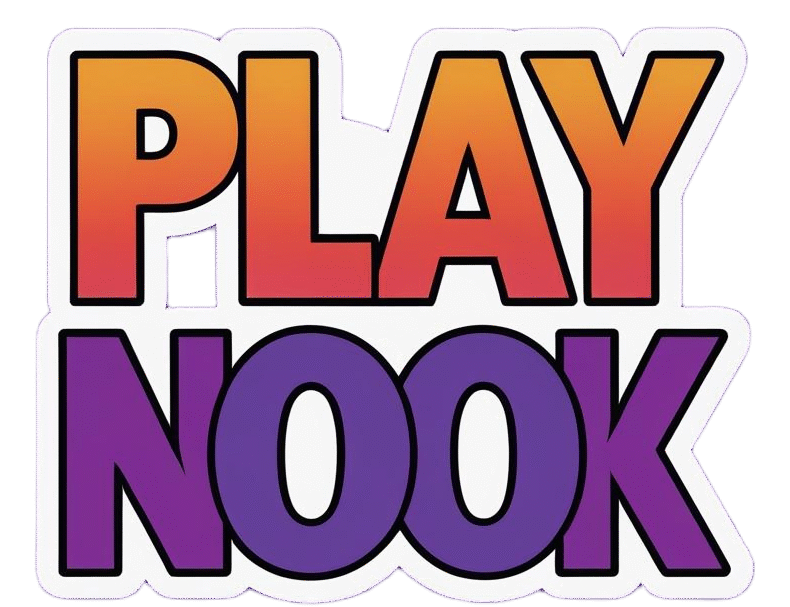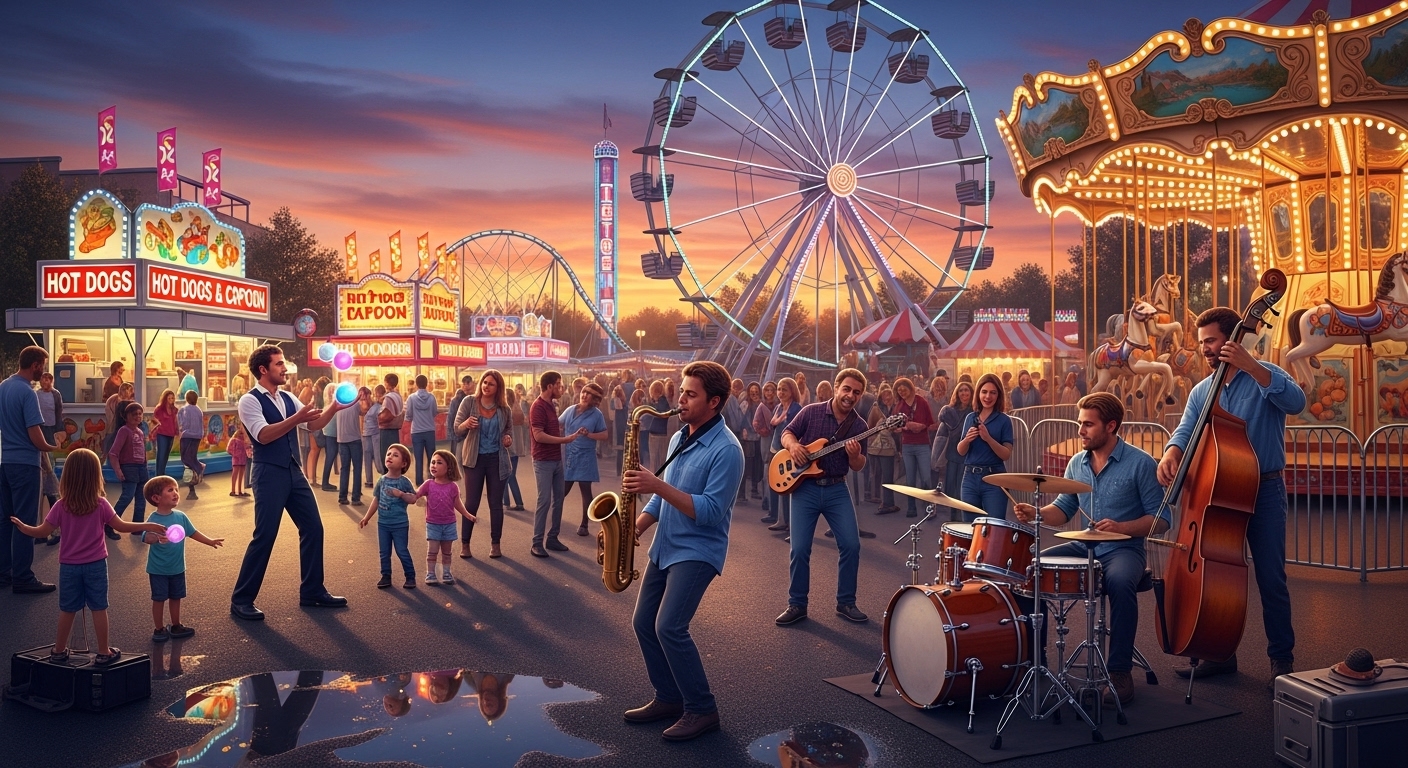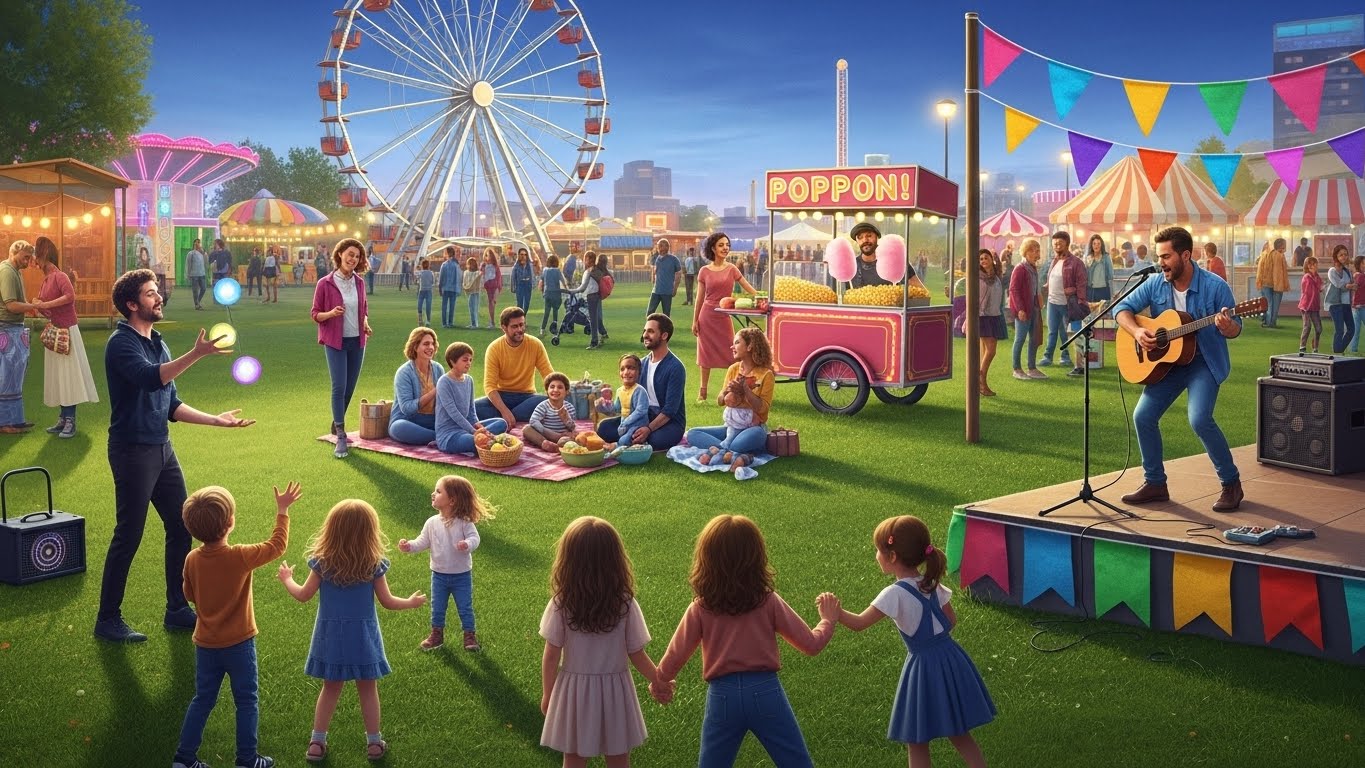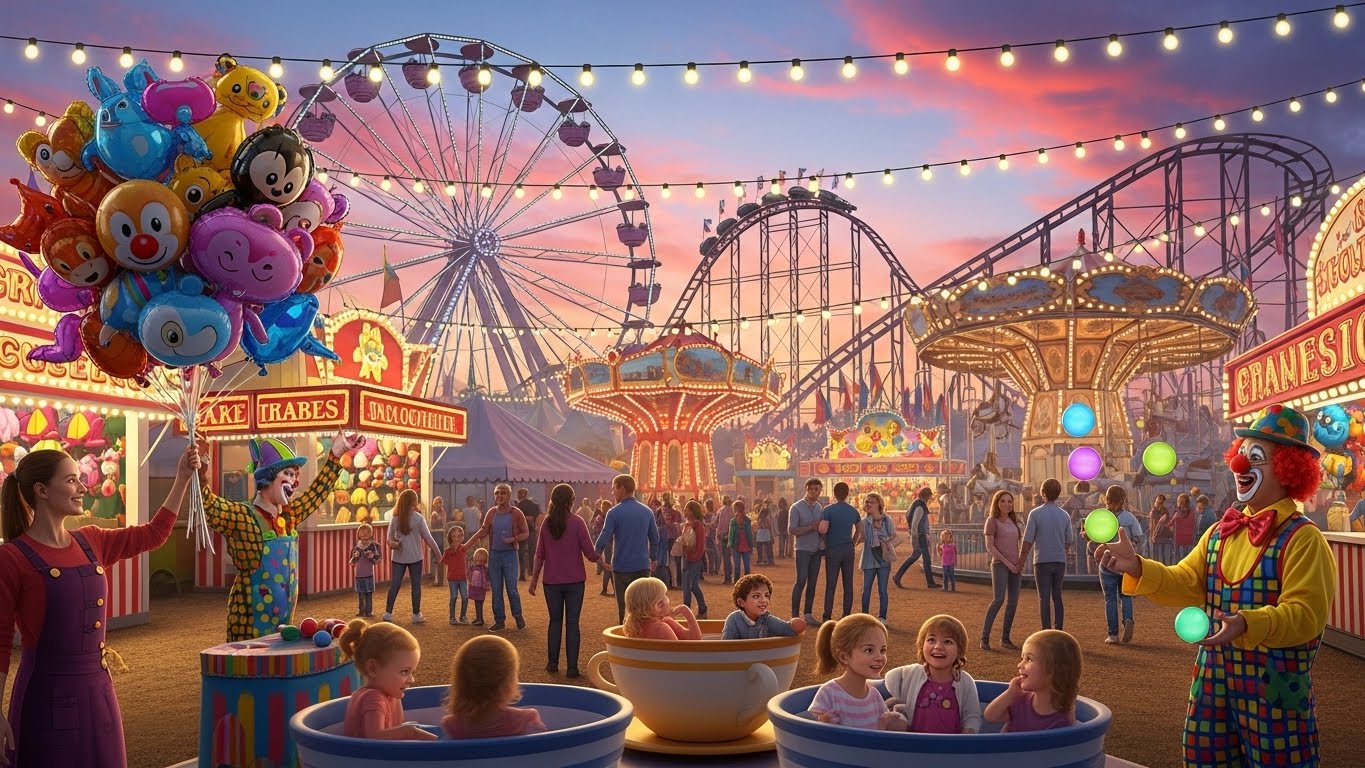Entertainment is not just a form of escape; it is an essential part of the human experience. Whether it’s a thrilling movie, a gripping novel, or a viral dance on social media, entertainment offers us a way to connect, reflect, and engage with the world around us. Over time, the forms and mediums of entertainment have changed dramatically, but its ability to captivate and inspire remains constant. In this post, we’ll explore the multifaceted world of entertainment, its impact on society, and how it continues to evolve in the digital age.
The Role of Entertainment in Society
At its core, entertainment serves a fundamental human need: the desire to be engaged, informed, and inspired. It allows people to step outside their own lives, to experience new worlds, and to feel emotions that might be beyond their daily reality. Entertainment has a way of uniting people, whether it’s a shared love for a TV show, a sporting event, or a piece of music. It offers a sense of community, even when individuals are miles apart.
Beyond providing enjoyment, entertainment also plays a vital role in reflecting societal values and issues. Art, music, and film can hold up a mirror to the world, commenting on social, political, and cultural topics. In this sense, entertainment becomes a powerful vehicle for change, raising awareness, sparking conversation, and inspiring action.
For example, films like Schindler’s List or The Pursuit of Happyness have made audiences reflect on human rights, perseverance, and the power of empathy. Similarly, music from the likes of Bob Dylan or Beyoncé has been used as a tool for activism, voicing the struggles of marginalized communities. In every form, entertainment reflects the ever-changing landscape of human experiences, making it an integral part of shaping culture.
The Shift from Traditional Media to Digital Platforms
The rise of the internet has brought about a dramatic shift in how we consume entertainment. The traditional model of television, radio, and print media has evolved, with digital platforms like Netflix, YouTube, and Spotify taking the lead. The convenience of streaming services has made entertainment more accessible than ever before, allowing people to watch, listen, and engage with content on their own terms.
One of the most notable changes is the rise of “on-demand” entertainment. Viewers no longer have to wait for a weekly episode or for a movie to hit the theaters. With a few clicks, they can access entire seasons of a show, a vast library of movies, or a curated playlist of songs. This shift has altered the way we interact with content, enabling binge-watching cultures and allowing audiences to explore deeper into genres or topics of interest.
The ability to personalize entertainment through algorithms has also changed how we discover content. Platforms like Netflix and Spotify use data to recommend shows, movies, and music based on personal preferences and viewing history. While this can create a tailored experience, it also raises questions about the impact of algorithm-driven content, particularly in terms of diversity and the potential narrowing of interests.
Social Media as a New Form of Entertainment
Social media platforms such as Instagram, TikTok, and Twitter have transformed entertainment into something interactive, immediate, and participatory. What was once a one-way interaction between creators and audiences has now evolved into a dynamic, real-time exchange. Anyone with an internet connection can create and share content, allowing ordinary individuals to become celebrities in their own right.
Take TikTok, for example. The platform has revolutionized entertainment by making short-form videos the most popular form of content. These videos often feature viral trends, dance routines, comedy skits, and challenges, making it easy for users to join in on global cultural conversations. In this way, social media has democratized entertainment, allowing anyone to create content, share it, and gain recognition.
However, the instant feedback loop of likes, comments, and shares can also create pressure to produce viral content, leading to an oversaturation of trends. While social media has fostered creativity and self-expression, it has also raised concerns about authenticity and the mental health impact of constant comparison.
Entertainment and the Gaming Revolution
While traditionally associated with younger audiences, video games have become a dominant force in the entertainment industry, attracting millions of players across all demographics. Once considered just a pastime, video gaming has evolved into an intricate art form, blending storytelling, graphics, and interactivity in ways that rival the impact of film and television.
Games like The Legend of Zelda, The Witcher 3, and Grand Theft Auto are not just games; they are sprawling narratives with deeply developed characters and immersive worlds. The lines between traditional forms of entertainment and gaming have blurred as video games increasingly adopt cinematic qualities, offering experiences that are both interactive and emotionally impactful.
Moreover, online multiplayer games and esports have transformed gaming into a social activity. Gamers around the world now compete, collaborate, and build communities online, further enhancing the interactive nature of the medium. Tournaments and streaming platforms like Twitch have turned gaming into a spectator sport, with millions tuning in to watch professional players battle it out. The cultural significance of gaming has reached new heights, making it one of the most influential forms of entertainment today.
The Power of Music in Entertainment
Music has always been a central pillar of entertainment, and its role has only expanded in today’s fast-paced, digitally connected world. With streaming platforms like Spotify and Apple Music, people can access a near-infinite library of songs at their fingertips. Music is no longer confined to CDs or radio stations but is now available in various formats, creating a more personal and customizable listening experience.
In addition to convenience, music has become a vehicle for social and political change. Artists like Kendrick Lamar, Taylor Swift, and Janelle Monáe use their music to address issues ranging from racial inequality to LGBTQ+ rights, pushing the boundaries of what popular music can accomplish. Music’s ability to evoke emotion, inspire movements, and bring people together is unmatched.
Furthermore, live music events, festivals, and concerts have become central to the entertainment experience. With massive festivals like Coachella and Glastonbury drawing in global audiences, live performances are a major part of the entertainment industry, offering fans a chance to experience their favorite artists in a shared, communal space. These events have become more than just concerts; they are cultural landmarks, shaping trends, fashion, and even social movements.
Entertainment and Mental Health: A Double-Edged Sword
While entertainment can serve as a powerful tool for relaxation, inspiration, and escapism, it is not without its potential downsides. The overconsumption of entertainment, especially through digital platforms, can lead to negative consequences such as addiction, reduced physical activity, and a sense of social isolation.
The rise of binge-watching culture, in which people watch multiple episodes of a TV series in one sitting, has been linked to sedentary behavior and poor mental health. The constant availability of content can make it difficult for individuals to disconnect, leading to feelings of anxiety or dissatisfaction. Furthermore, the idealized lives portrayed in films, TV shows, and social media can create unrealistic expectations, contributing to issues like body image concerns and comparison anxiety.
However, when approached mindfully, entertainment can be a force for good, offering moments of joy, relaxation, and emotional release. It’s important for consumers to balance their entertainment habits, taking breaks when necessary and consuming content that uplifts and encourages positive thinking.
Conclusion: The Future of Entertainment
As technology continues to advance, the future of entertainment is both exciting and uncertain. Virtual reality, artificial intelligence, and immersive experiences will continue to reshape how we engage with content. New storytelling techniques, such as interactive films and virtual concerts, will likely push the boundaries of traditional media even further.
One thing is clear: entertainment will remain a fundamental part of our lives. It will continue to evolve, but its role as a source of connection, expression, and reflection will always endure. Whether we’re watching the latest blockbuster, gaming with friends, or listening to our favorite song, entertainment will always be there to enrich our lives, reflect our society, and provide a creative outlet for future generations.



